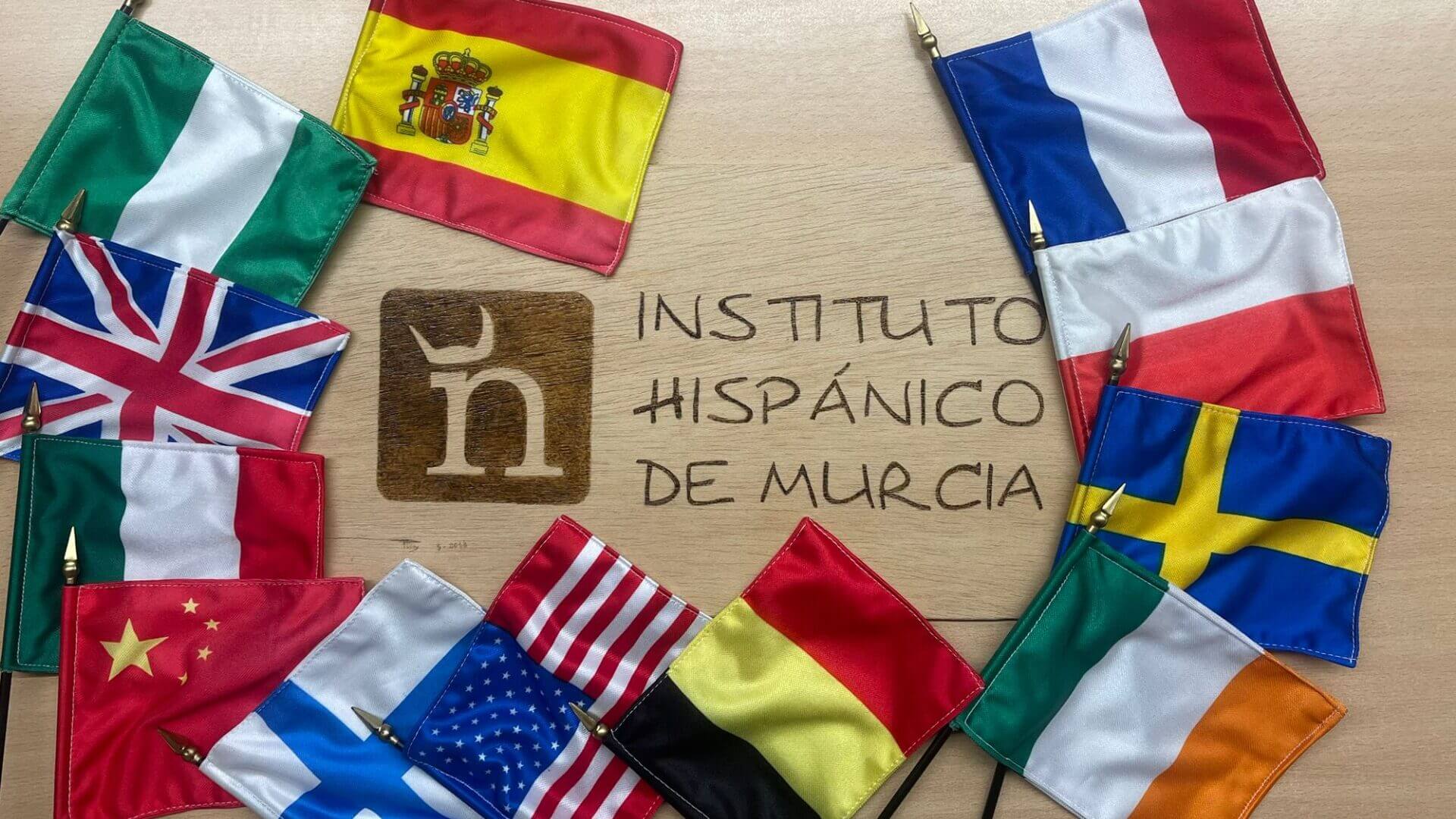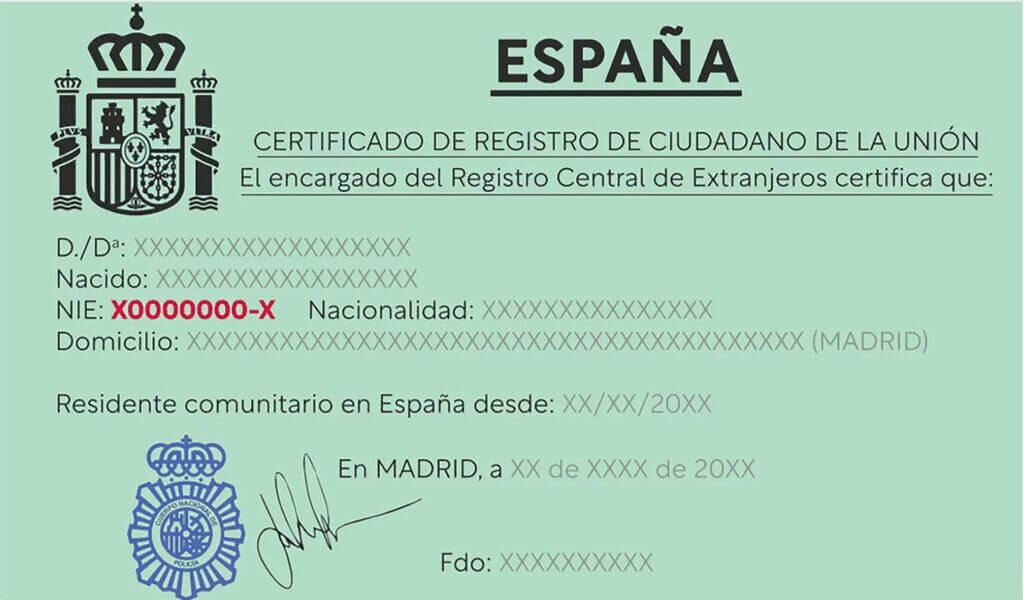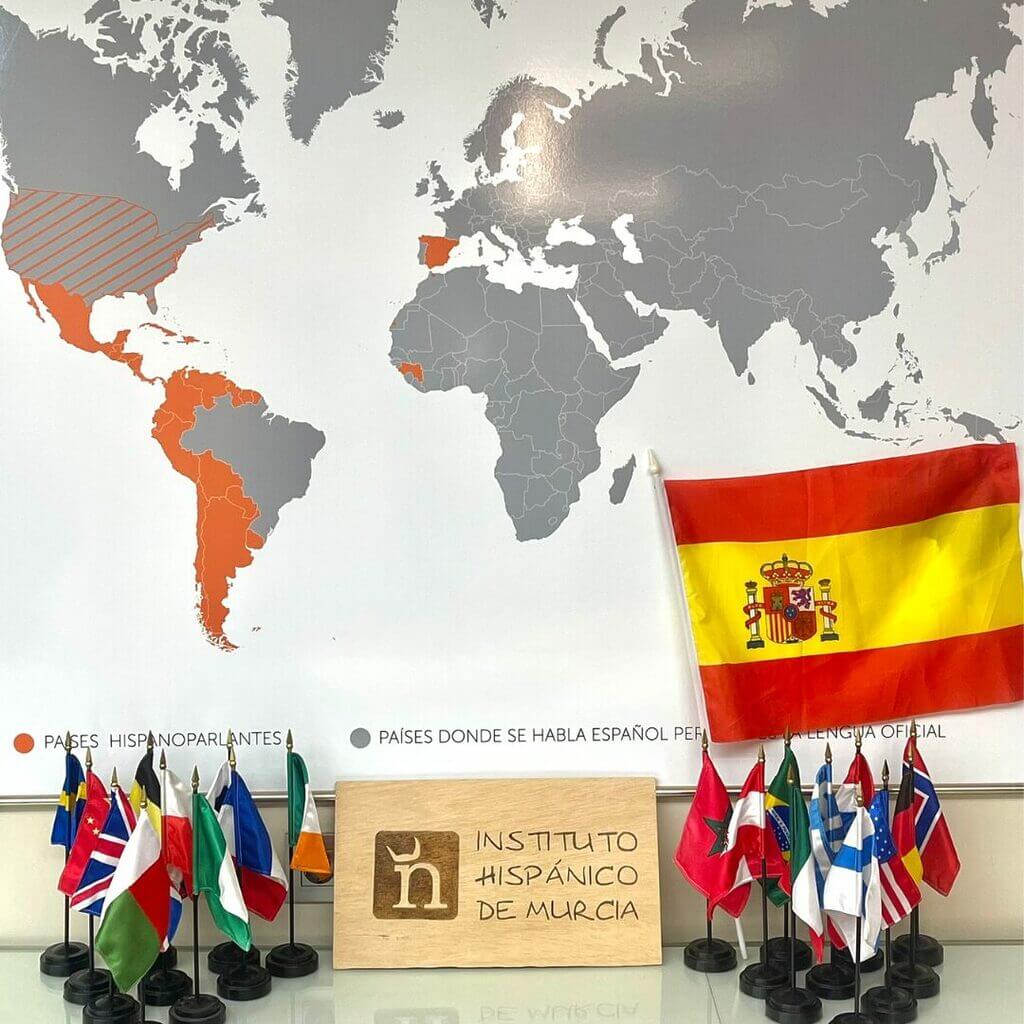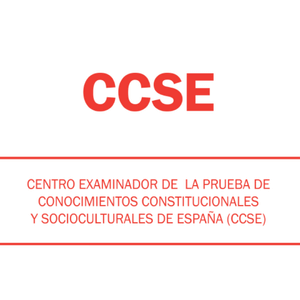What you need to do to get the NIE
Next, we will explain the steps to obtain the Foreigner Identification Number (NIE).
What is the NIE?
The Foreigner Identification Number (NIE) is like your entry pass, is the basic document you’ll need to show who you are in the country. Whether you’re here for work, fun, or chasing your dreams, the NIE is your key to making things happen. With it, you can buy a house, get a car, start up a business, or obtain a residency permit.
There’s also the temporary NIE, which is for foreigners who are here for a short period and need to handle specific legal stuff. That’s why they need to get registered.
Next, we’ll outline the requirements and conditions for obtaining the NIE, although we ALWAYS recommend getting updated information from the relevant official bodies.
Requirements and conditions to apply for the NIE
- Not being in Spain in an irregular situation.
- Requesting it for economic, work, or social reasons.
- Explaining why you need the number assigned.
Required documentation
- Identification document, the original and a copy.
- Passport, the original and a copy of all pages.
- The official NIE form or application.
- A passport photo.
- Document certifying the reason for requesting the NIE.
- Proof of payment of the fee.
Before using foreign public documents in Spain, you gotta make sure they’re stamped and validated by the Spanish consulate in that country or by the Ministry of Foreign Affairs and Cooperation, unless they got an apostille stamp under the Hague Convention of 1961 or they’re exempt according to an international agreement.
How to go through the procedure
The process can be done in person or you can request the NIE from the General Police Directorate, either directly or through the Foreigners’ Offices or Police Stations. If the foreigner isn’t in Spain at the time of application, they can apply for the NIE from the General Immigration and Borders Office through the Spanish Consular Offices abroad.
Who can apply?
The foreign person, either in person or through their properly accredited representative.
Procedure
- Submitting the application in person or by representation.
- Place of submission:
- In Spain: at the foreigner offices of the Government Delegations and Sub-delegations, in the area where the process began (where services are offered, where you live, or where the company is registered…)
- Abroad: at the embassy or consulate of the foreign country, where you must explain why you need to make the request.
- The fees must be paid before the procedure is concluded.
- the time to process the request is five days from when it is received in the registry of the department responsible for processing it.
What is its validity?
The foreigner identification number (NIE) will be the same for your whole life, it doesn’t expire.
How can you get the nationality?
There are some requirements to meet to apply for Spanish nationality; these are:
Being legally resident in Spain for a minimum period
To apply for Spanish nationality, typically you need to have lived in the country for at least 10 years. However, this period is reduced in the following cases:
- To 5 years for refugees in Spain.
- To 2 years for citizens of Ibero-American countries, the Philippines, Andorra, Equatorial Guinea, and Portugal.
- To 1 year if:
- If you were born in Spain.
- If you didn’t choose nationality when you had the chance.
- If you were under the care of a Spanish citizen or institution for 2 consecutive years.
- If you were married to a Spanish citizen for 1 year and are not legally separated.
- If you’re the widow of a Spanish citizen and were not legally or effectively separated at the time of their death.
- If you have Spanish descent.
It’s important that residency is “legal, continuous, and immediately prior to the application”. Therefore, it’s crucial not to spend long periods outside the country. In general, it’s recommended to keep absences under 6 months.
No criminal record
To apply for Spanish nationality, you must demonstrate “good civic conduct”. This means having no criminal
records in Spain, for which you need to present a Certificate of Criminal Record.
Also, you need to obtain a similar document from your home country, legalized through diplomatic channels, to confirm the absence of criminal records there. If you do have a criminal record, you must request its cancellation to qualify for Spanish nationality, as long as you meet the requirements.
Taking the exams
Another requirement is to demonstrate a sufficient level of integration into Spanish society.
To meet this requirement, you must pass two exams:
- The CCSE, which tests your knowledge of the Spanish constitution and culture.
- The DELE A2, mandatory for those who don’t have Spanish as their native language,
These two exams are developed and administered by the Instituto Cervantes and can be taken at our school, Instituto Hispánico de Murcia.
The CCSE exam
The CCSE exam, created by the Instituto Cervantes, evaluates knowledge of the Constitution and the cultural and social life of Spain through various activities. Instituto Cervantes accredits many institutes, including ours, where you can take the CCSE exam.
This exam is divided into two main sections, each related to the legal requirements for obtaining Spanish nationality in certain cases:
- Government, laws, and citizen participation in Spain.
- Culture, history, and society of Spain.
If you need more information, you can check out here.
El DELE
It’s an exam that certifies knowledge of Spanish. The goal of the Diploma in Spanish as a Foreign Language (DELE) A2 is to verify the level of general Spanish language competence, corresponding to level A2 of the Common European Framework of Reference, regardless of how the language was acquired.
It’s divided into four tests:
- Reading comprehension.
- Listening comprehension.
- Written expression and interaction.
- Oral expression and interaction.
If you need more information, you can check out here.
How long does the process take to obtain Spanish nationality once requested?
In addition to the deadline for applying for nationality, we also need to consider how long the process takes to obtain it. Generally, it can take up to three years, although in some cases it may be a few months less.
The administration has one year to decide whether to grant nationality to the person who applies for it and to issue a resolution accordingly. During this time, the file goes through several stages.
If a year passes without any response, it’s considered a rejection by default. But fear not! You can challenge this decision, and you’ll usually get a response in about four months.
While appealing the lack of response from the administration, you can request the oath at the Civil Registry or a notary. This may speed up the process if nationality is ultimately obtained as a result of the appeal.
To apply for Spanish nationality, you’ll need the following documentation
- Passport.
- NIE (Foreigner Identification Number).
- Residence permit.
- Criminal record certificate.
- Current certificate of residence registration.
- Historical certificate of residence registration.
- Marriage certificate, if applying for nationality through marriage.
- Certificate of passing the DELE A2 and CCSE exams.
- Birth certificate of your children, if you want them to also obtain nationality.
- Proof of payment of the corresponding fee.
- Documents demonstrating your sufficient financial resources.
Advantages of having Spanish nationality
When you obtain Spanish nationality, you gain several benefits. These include:
- The right to vote in state, regional, or local elections, as well as in the European Union.
- Ease in carrying out bureaucratic procedures compared to being a foreigner in Spain.
- Getting the European Union passport, allowing you to reside and work in any member country.
- Freedom of movement, with the ability to travel to 183 countries with the appropriate visa.
- Living in a European Union member country and enjoying the rights of European citizens, such as free movement.
After obtaining nationality
- Getting the DNI, which is the National Identity Document. This is the document that identifies you as a Spanish citizen. It’s necessary for traveling within the European Union.
- Enrollment in the Civil Registry is crucial for securing your Spanish birth certificate and completing legal procedures in Spain.










There are no comments on NIE and Nationality: A complete guide to obtain it